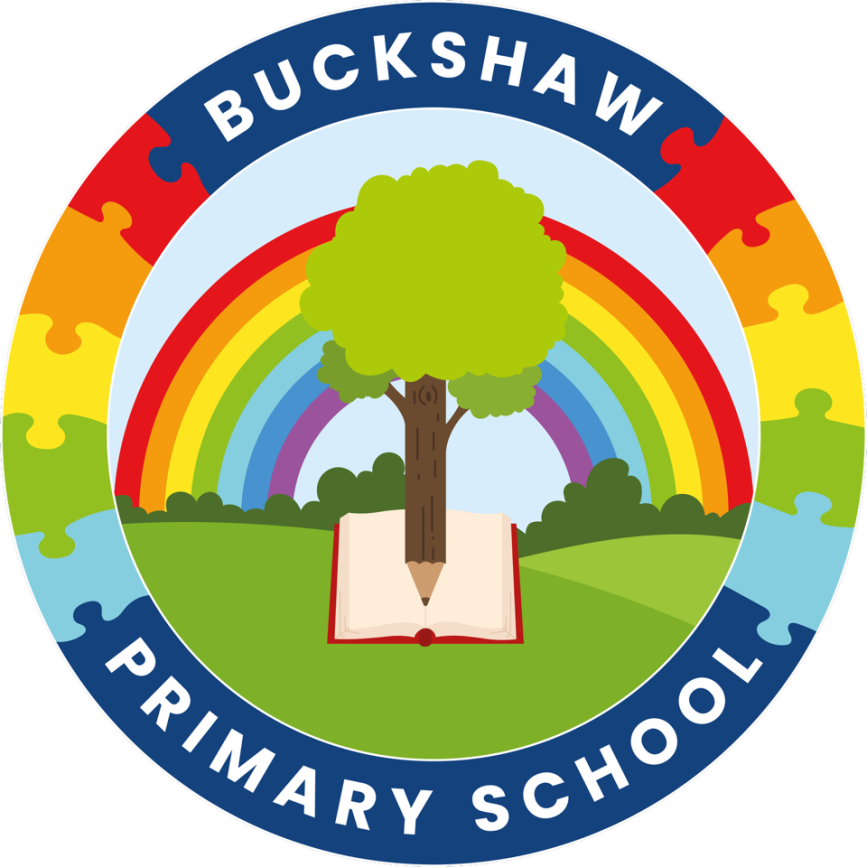Maths
Intent
When teaching Maths at Buckshaw we intend to provide a curriculum that caters for the needs of all individuals. We incorporate sustained levels of challenge through varied and high-quality activities with a focus on fluency, reasoning and problem-solving. We encourage resilience and acceptance that mistakes are a necessary step in learning.
The 2014 National Curriculum for Maths aims to ensure that all children:
- Become fluent in the fundamentals of mathematics;
- Can reason mathematically;
- Can solve problems by applying their mathematics.
Our intent is for all children to become fluent mathematicians, who can confidently recall and apply mathematical knowledge and demonstrate conceptual understanding. We aim for all our children to be proficient users of mathematical language, which will support them in their mathematical reasoning in different contexts. Our ambition is for children to become competent problem solvers, through applying their mathematical knowledge to a wide range of problems, in maths lessons, other subjects and in ‘real life’. This will enable all children to have a wide range of mathematical skills by the end Year 6 which will prepare them for the challenges they face in later life.
Implementation
In school, we follow the National Curriculum and use the Red Rose mastery scheme of work as a guide to support teachers with their planning and assessment. The calculation policy is used within school to ensure a consistent approach to teaching the four operations over time.
A series of stimulating lessons are planned, with clear learning objectives, which develop an understanding and fluency in the use of subject-specific vocabulary.
Each lesson begins with an initial problem. This is followed by guided tasks, independent tasks and finally a deeper learning task.
Our Maths curriculum is delivered through highly effective ‘quality first teaching’. Children are taught through clear modelling to develop their knowledge and understanding of mathematical concepts. Resources are readily available to assist demonstration of securing a conceptual understanding of the different skills appropriate for each year group.
Reasoning and problem-solving activities are integral for children to develop their mathematical thinking. Children are encouraged to explore, apply and evaluate their mathematical approach during investigations to develop a deeper understanding when solving different problems / puzzles.
Children with additional needs are included in whole class lessons and teachers provide scaffolding and relevant support as necessary. For those children who are working outside the year group curriculum, individual learning activities are provided to ensure their progress.
Teachers assess learning in Maths against the age-related descriptors.
Impact
Children perform well in mathematics. The children demonstrate a quick recall of facts and procedures. This includes the recollection of the times table, which enables them to become confident, fluent mathematicians. They develop the ability to recognise relationships and make connections in Maths lessons. Mathematical concepts or skills are mastered when a child can show it in multiple ways, using the mathematical language to explain their ideas, and can independently apply the concept to new problems in unfamiliar situations. Children show a high level of pride in the presentation and understanding of the work they do.
